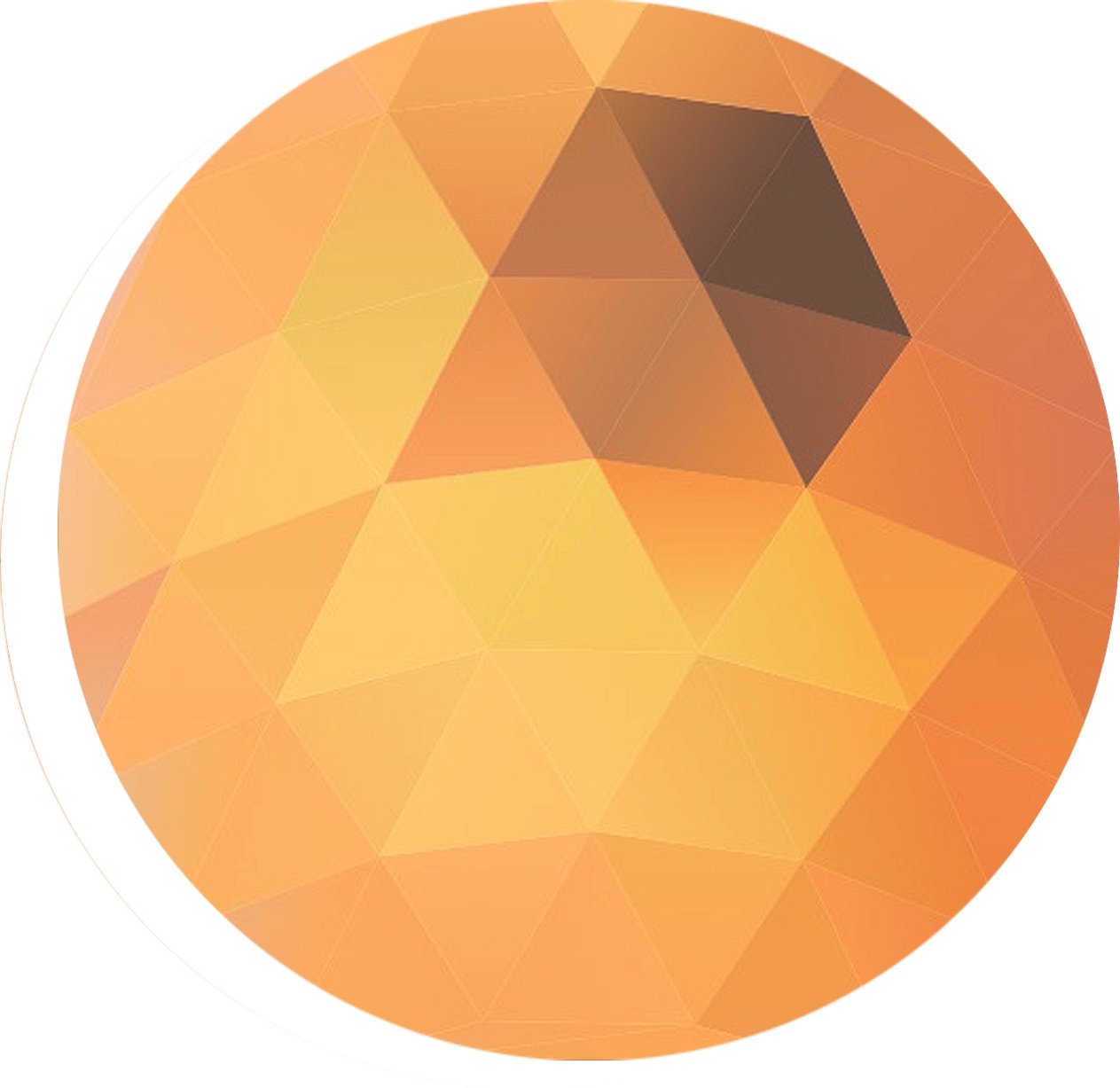Conrad Gowell grew up exploring the diverse watersheds of Oregon. He quickly developed a fascination for the aquatic world and has since sought broader perspectives to inform his goals. Following his curiosity toward lotic environs while in high school, Gowell began his study of fish. To begin understanding the framework of management, he collaborated with biologists from the Oregon Department of Fish and Wildlife and the Siuslaw and Willamette National Forests.
Conrad earned a B.S. in Natural Science with an emphasis in Biology from the University of Puget Sound in 2012. His interests focused an undergraduate education on ecology, evolution, conservation, and restoration. This allowed him to relate broad biological theory to practical experience in diverse ecosystems. He spent time living and learning in tropical marine environments as well as temperate costal rainforests and sub-artic postglacial lakes. He has worked primarily on salmonids including sockeye, coho, pink and chinook salmon in addition to arctic char, dolly varden, and bull trout. Conrad has also worked with species such as bonefish, permit, tarpon, queen conch, spiny lobster, american shad, zebrafish, and pygmy whitefish.
An avid interest in ecosystem health led Gowell to conduct independent research on marine protected areas, how geomorphology regulates ecosystem functioning, the evolution and behavior of salmonids, and the effectiveness of large woody debris restoration efforts. Boots on the ground learning combined with an interdisciplinary liberal arts education allows him to bridge the gap between theoretical and applied sciences. Gowell has assisted graduate studies on fishes pertaining to evolutionary patterns of divergence, chemosensory response, life history characterization, juvenile rearing patterns, and the simultaneous effects of climate change and geomorphic evolution on the biology of watersheds.
With the experience of 6 field seasons working for the University of Washington’s Alaska Salmon Program, Conrad facilitated investigations of salmonids as well as collected and maintained hydrological and limnological data sets spanning 6 decades. Gowell sampled juvenile fish assemblages, measured stream discharge, calculated primary and secondary productivity, assessed trophic relationships through diet and isotopic analysis, and collected a multitude of other data in the remote lakes, rivers, and estuary of the 1536 km2 Chignik watershed. Through this program, Conrad learned how to care for a research facility, how high quality data influence fisheries management, and the significant role complex factors such as geography, culture, and economics play in conducting research.
Since graduating from the University of Puget Sound Conrad has returned to his home state of Oregon to contribute to the diverse community of fisheries professionals. Working in governmental, nonprofit, tribal, and consulting sectors, Conrad contributes to long term monitoring efforts with high quality data, advocates for science-based ecosystem restoration and management, and implements restoration projects.
Conrad is an active volunteer with the Salmon River Drift Creek Watershed Council, the SOLVE adopt a river program, the Drift Creek Nature Center, and the Whitewater Creek Conservation Association. In addition, Conrad has volunteered with after school science education programs. When not working in the natural sciences, Conrad spends the majority of his time outdoors. Because of this fascination with ecosystems, you are most likely to find him “at home” exploring: backpacking, tree climbing, or diving. An interest in fly fishing has also led Conrad to becoming an avid fly tyer and photographer. He is capable of communicating through American Sign Language and does so with the deaf and while underwater. Conrad explores the aquatic world through snorkeling and diving, for which he holds an advanced PADI certification.
Conrad brings enthusiasm and sincere dedication to the study and management of native fishes and their habitats. In the future, Conrad aims to pursue a career in the conservation of watersheds around the globe.




